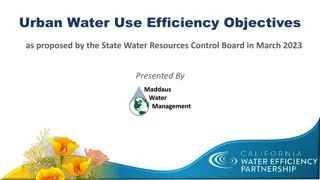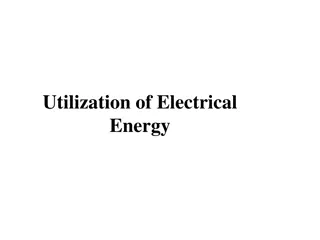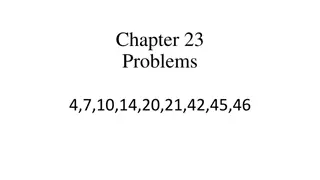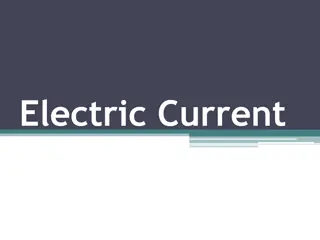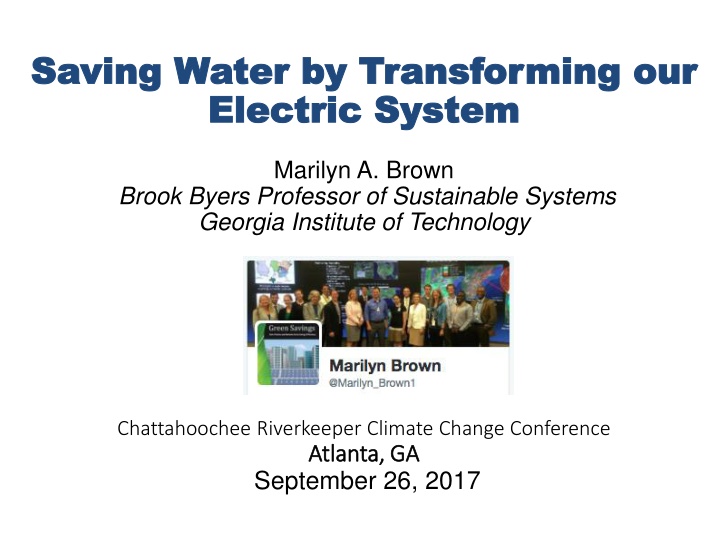
Saving Water by Transforming Our Electric System
In this informative content, explore ways to save water through transforming our electric system and using less electricity. Understand the impact of energy consumption on water usage, and how making changes can reduce energy burdens and promote cleaner air. Discover insights from Marilyn A. Brown, a professor of sustainable systems, and learn about initiatives to address water conservation and energy efficiency.
Download Presentation

Please find below an Image/Link to download the presentation.
The content on the website is provided AS IS for your information and personal use only. It may not be sold, licensed, or shared on other websites without obtaining consent from the author. If you encounter any issues during the download, it is possible that the publisher has removed the file from their server.
You are allowed to download the files provided on this website for personal or commercial use, subject to the condition that they are used lawfully. All files are the property of their respective owners.
The content on the website is provided AS IS for your information and personal use only. It may not be sold, licensed, or shared on other websites without obtaining consent from the author.
E N D
Presentation Transcript
Saving Water by Transforming our Saving Water by Transforming our Electric System Electric System Marilyn A. Brown Brook Byers Professor of Sustainable Systems Georgia Institute of Technology Chattahoochee Riverkeeper Climate Change Conference Atlanta, Atlanta, GA September 26, 2017 GA
Saving Water by Transforming Saving Water by Transforming our Power System our Power System Estimated Georgia Water Flow in 2005: 5400 million gallons/day Source: LBNL. 2001. Further details: httpc//flowcharts.llnl.gov. LLNL-TR-475772
Water Withdrawal vs Water Water Withdrawal vs Water Consumption Consumption
Water Use at Plant Scherer Water Use at Plant Scherer Partially closed loop https://water.usgs.gov/edu/wupt-coalplant-diagram.html
Saving Water by Using Less Saving Water by Using Less Electricity Electricity Georgia consumes ~0.1-0.6 gallons of water per kWh. In 2015, the average annual electricity consumption for a U.S. residential utility customer was 10,800 kWh in the U.S. and 13,060 kWh in GA (~4,000 gallons). U.S. households spend 3.5% of their disposable income on energy: their energy burden . Atlanta has the fourth highest energy burden of any major city in the U.S. at 5.0%. For low-income households, energy burdens are 7.2% nationwide and 10.2% in Atlanta.
Conclusions Conclusions We can: Save water by transforming our power system and Save water by using less electricity. At the same time we can reduce energy burdens and breath cleaner air.
For For More More Information Information and some late night and some late night reading?? reading?? Dr. Marilyn A. Brown Brook Byers Professor of Sustainable Systems School of Public Policy Georgia Institute of Technology Atlanta, GA 30332-0345 Marilyn.Brown@pubpolicy.gatech.edu Climate and Energy Policy Lab: www.cepl.gatech.edu 7






